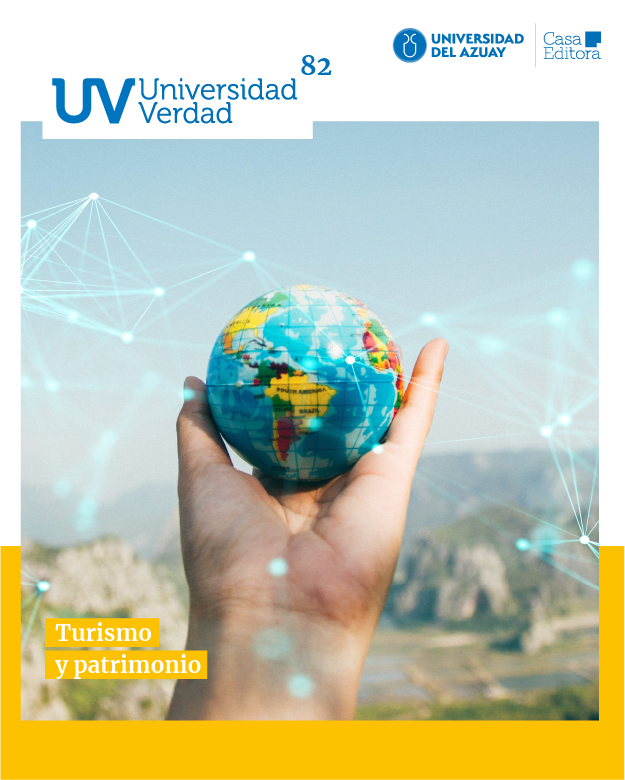EL PROTAGONISMO INDÍGENA EN LA ANTROPOLOGÍA CONTEMPORÁNEA
DOI:
https://doi.org/10.33324/uv.v1i82.639Palabras clave:
Amerindios, antropología, cooperación, colaboraciónResumen
La creciente participación de los amerindios en la elaboración y realización de proyectos de investigación, y su protagonismo en la elaboración y divulgación de los resultados sugiere la utilidad de redefinir las pragmáticas etnográficas y reflexivas de lo que se supone que debe hacer la antropología. En los últimos años, estas pragmáticas se han movido, cada vez más, en la dirección de la cooperación, la colaboración y la coproducción, redefiniendo los diálogos antropológicos y las producciones académicas. Mientras tanto, esta simetrización de amerindios y antropólogos cambió la antropología en una dimensión ética y política más profunda, aún más fuerte cuando los antropólogos son los mismos amerindios. En la presentación se describirán tres casos para presentar algunas preguntas sobre la realización efectiva de cooperaciones, coproducciones y colaboraciones, cuando los amerindios son los
protagonistas de los esfuerzos antropológicos. El primero es una exposición etnográfica virtual; el segundo, una mesa redonda en un congreso científico internacional; y el tercero, la producción y publicación de un artículo en una revista científica. En los tres casos, las estrategias creativas, plurales y comprometidas promovieron la redefinición de la pragmática antropológica. La tesis central es que, lejos de ser necesario, el esfuerzo antropológico actual debe repensar el estatuto de su indagación, movilizando distintas erramientas ontológicas, epistemológicas y axiológicas, para ser efectivamente plural.
Palabras clave: Amerindios, antropología, cooperación, colaboración, coproducción
Abstract
The growing participation of Amerindians in the planning and implementation of research projects, and their role in the development and dissemination of results suggest the usefulness of redefining the ethnographic and reflective pragmatics of what anthropology is supposed to do. In recent years, these pragmatics have increasingly moved in the direction of cooperation, collaboration, and coproduction redefining anthropological dialogues and scholarly productions. Meanwhile, this symmetrization of Amerindians and anthropologists moved anthropology toward a deeper ethical and political dimension, even stronger when the anthropologists are Amerindians themselves. In the presentation, three cases will be described to introduce some questions about the effective realization of cooperation, co-productions, and collaborations when Amerindians are the protagonists of anthropological efforts. The first is a virtual ethnographic exhibition, the second a round table at an international scientific congress and the third the production and publication of an article in a scientific journal. In all three cases, creative, plural, and engaged strategies promoted the redefinition of anthropological pragmatics. The core thesis is that, far from being unnecessary, the current anthropological effort must rethink the
status of its inquiry, mobilizing different ontological, epistemological, and axiological tools to be effectively plural.
Keywords: Amerindians, anthropology, cooperation, collaboration, coproduction.





